Related Research Articles

The music of Bangladesh spans a wide variety of styles. Bangladesh claims some of the most renowned singers, composers and producers in Asia. Music has served the purpose of documenting the lives of the people and was widely patronized by the rulers. It comprises a long tradition of religious and regular song-writing over a period of almost a millennium.
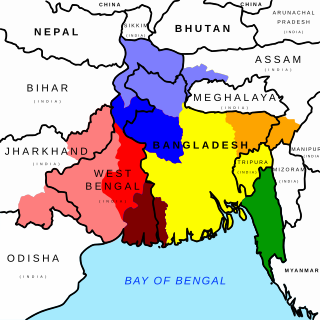
Bengali music comprises a long tradition of religious and secular song-writing over a period of almost a millennium. Composed with lyrics in the Bengali language, Bengali music spans a wide variety of styles.
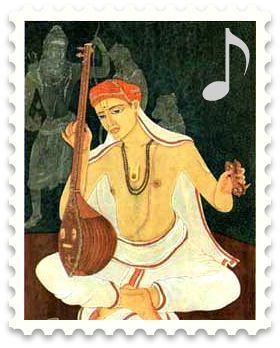
The music of West Bengal includes multiple indigenous musical genres such as Baul, Ramprasadi, Bishnupuri Classical, Kirtan, Shyama Sangeet, Rabindra Sangeet, Nazrul Geeti, Dwijendrageeti, Prabhat Samgiita, Agamani-Vijaya, Patua Sangeet, Gambhira, Bhatiali, Bhawaiya, Bengali Rock.

Nilphamari district is a district in Northern Bangladesh. It is a part of the Rangpur Division. It is about 400 kilometers to the northwest of the capital Dhaka. It has an area of 1,580.85 square kilometres (610.37 sq mi). Nilphamari is bounded by Rangpur and Lalmonirhat in east, Rangpur and Dinajpur in south, Dinajpur and Panchagarh in west, Cooch Behar of India in north. There are many rivers in Nilphamari including the Tista, Buritista, Isamoti, Jamuneshwari, Dhum, Kumlai, Charalkata, Sorbomongola, Salki, Chikli, Chara and Deonai. There are four Municipal Corporation in Nilphamari district. Area of these Municipalities are Nilphamari 42.70 SqKm(27.50 SqKm Present, 15.20 SqKm Ongoing), Saidpur-34.42 SqKm, Jaldhaka-28.22 SqKm and Domar-9.421 SqKm. There are 60(sixty) Unions, 370 Moujas and 378 Village in Nilphamari district.

Rangpur is a district in Northern Bangladesh. It is a part of the Rangpur Division.
Bangabhumi also known as Bir Banga, is a separatist movement to create a Bengali Hindu country for Bangladeshi Hindus in southwestern Bangladesh, envisioned by Banga Sena. Banga Sena is a separatist Hindu organization which advocates formation of a Bangabhumi for Bengali Hindus in Bangladesh. The group is led by Kalidas Baidya.

The dotara is a two-stringed, plucked musical instrument from South Asia, with most contemporary models having four playing strings. Comparatively, the sarod is a slightly larger and more elaborate instrument, being built with an additional set of resonant sympathetic strings. However, the dotara is still quite resonant and projective of its own sound, due to its rounded shape and overall construction. It is commonly played in Bangladesh and the Indian states of Assam, West Bengal and Bihar. It was mentioned in a 14th-century Saptakanda Ramayana. Later, it was adopted by the ascetic cults of Bauls and Fakirs. Today, it is also used to play Hindustani Classical Ragas.

Bhatiali or bhatiyali is a form of folk music in both Bangladesh and West Bengal. Bhatiali is a river song mostly sung by boatmen while going down streams of the river. The word bhatiyali comes from bhata meaning "ebb" or downstream.

Bhawaiya is a musical form or a popular folk music that originated in Northern Bengal, especially the Rangpur Division in Bangladesh, Cooch Behar district of West Bengal, India, and the undivided Goalpara district of Assam, India. It has recurrent themes of the "working class", mahouts, mahishals, and gariyals. Lyrics express pangs of separation and loneliness of their womenfolk, with elongated tones accentuating pain, longing and "deep emotion". Bhawaiya is generally believed to have originated in the 16th century under Biswa Singha, and has evolved into stage performances since the 1950s. The lyrics of Bhawaiya songs are non-denominational. Bhawaiya is really popular during the Bengali occasion of Eid Al Fitr and Eid Al Adha.

Nawab Sir Khwaja Salimullah Bahadur was the fourth Nawab of Dhaka and one of the leading Muslim politicians during the British rule in India.
Goalpariya Lokogeet is a folk music of Goalpara, sung to traditional lyrics. It is sung by goalpariya language speaking people. It was primarily Pratima Barua Pandey, who raised the profile of this hitherto unknown genre of music nationally in India. This genre of music is being kept alive by the Koch Rajbongshi community in their music festivals. Currently, albums of Goalpariya songs are released commercially; and Goalpariya musical motifs and instruments are increasingly used in popular music in India. Some noted singers are Bina Das Borthakur, Mini Bhattacharya, Nazmul Hoque, Allauddin Sarkar, Hamida Sarkar, Abdul Jabber, Rahima Begum Kalita ,Ayaan Anisur Etc.

Bangladeshi Folk Literature constitutes a considerable portion of Bengali literature. Though it was created by illiterate communities and passed down orally from one generation to another it tends to flourish Bengali literature. Individual folk literature became a collective product and assumes the traditions, emotions, thoughts and values of the community.
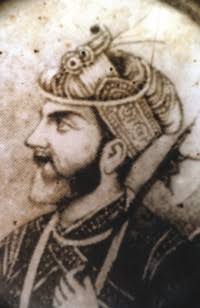
Bhuiyan was a title for landowners in medieval Bengal and Assam. It has been adopted as a surname by different communities in West Bengal, Assam, and Bangladesh.
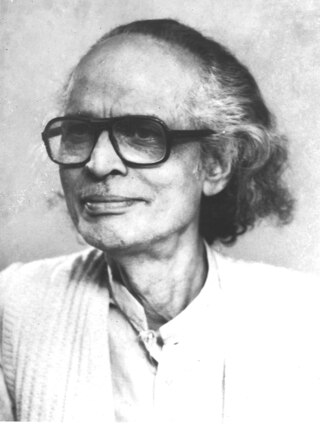
Hemanga Biswas was an Indian singer, composer, author and political activist, known for his literature in Bengali and Assamese, advocacy of peoples music, drawing from genres of folk music, including Bhatiali originally popular among the fishermen of Bengal.

The Mahimal, also known as Maimal, are a Bengali Muslim community of inland fishermen predominantly indigenous to the Sylhet Division of Bangladesh and the Barak Valley in Assam, India.

According to the 2011 census, West Bengal has over 24.6 million Muslims, making up 27% of the state's population. The vast majority of Muslims in West Bengal are ethnic native Bengali Muslims, numbering around over 22 million and comprising 24.1% of the state population. There also exists an Immigrants Urdu-speaking Muslim community numbering 2.6 million, constituting 2.9% of the state population and mostly resides in Urban areas of the state.
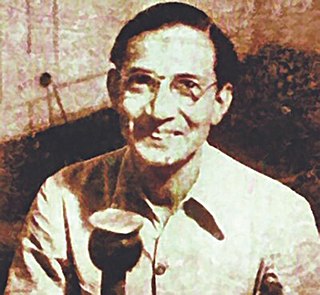
Abbasuddin Ahmed was a Bengali folk song composer and singer born in the Bengal province of British India. He was known for Bhawaiya folk song which is a style commonly found in Rangpur, Undivided Goalpara district and Cooch Behar
Nadira Begum was a Bangladeshi folk singer. She was awarded Shilpakala Padak by the Government of Bangladesh in 2015. She was notable for songs like Kolo Kolo Cholo Cholo Nodi Kore Tolmolo.
References
- ↑ Barma, Sukhbilas (2004). Bhāwāiyā : ethnomusicological study (1st ed.). New Delhi: Global Vision Pub. House. ISBN 81-8220-070-9.
- ↑ "Bangladeshi filmmaker idolises Ritwik Ghatak". News Track India. Nov 13, 2012. Retrieved 2 December 2012.